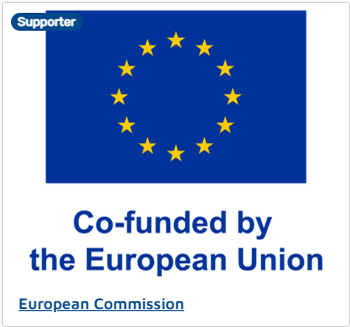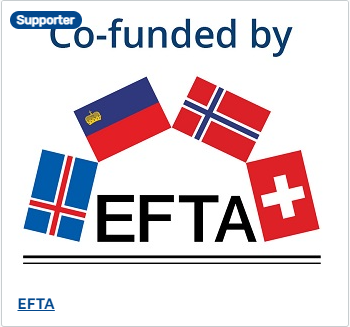Sophia Antipolis, France, 2 July 2025
ETSI has published the official report from the NGSI‑LD Plugtests™ event, held from 24 to 28 February 2025 at its headquarters in Sophia Antipolis. The event achieved an 88 % interoperability success rate, highlighting the maturity and alignment of NGSI‑LD implementations with ETSI standards, including ETSI GS CIM 009.
The first ETSI NGSI-LD Plugtests™ event brought together a wide range of stakeholders—including developers, open-source contributors, and institutional representatives—to test the NGSI‑LD protocol and the associated API in real-world scenarios and complex use cases. Participants validated their implementations through interoperability tests (ETSI GS CIM 054), conformance tests (ETSI GS CIM 029 and ETSI GS CIM 013) and distributed operations (ETSI GS CIM 053).
NGSI-LD interoperability testing sessions play a crucial role as a cost-efficient and effective solution to achieve the goals of ensuring seamless data exchange between applications and brokers (the message-routing components of the system) of context information. With multiple open-source implementations available, establishing comprehensive interoperability test cases is essential to ensure that different brokers, even from various vendors, can operate together seamlessly. The NGSI‑LD Plugtests™ also featured advanced testing frameworks from various vendors, further enriching the validation process.
Key outcomes included the identification of implementation gaps, clarification of ambiguous specification clauses, and proposals for future enhancements to the NGSI‑LD standard. Improvements included clearer semantics for attribute merging operations, a review of datasetId handling in distributed queries, and a more coherent structure for CSourceRegistration. New query language features were also addressed.
By providing a neutral, collaborative environment, ETSI enables early bug detection, promotes cross-vendor compatibility, and gathers valuable feedback to refine and evolve its standards.
The event was co-funded by the European Union (EU) and the European Free Trade Association (EFTA).
Read the full report HERE.


